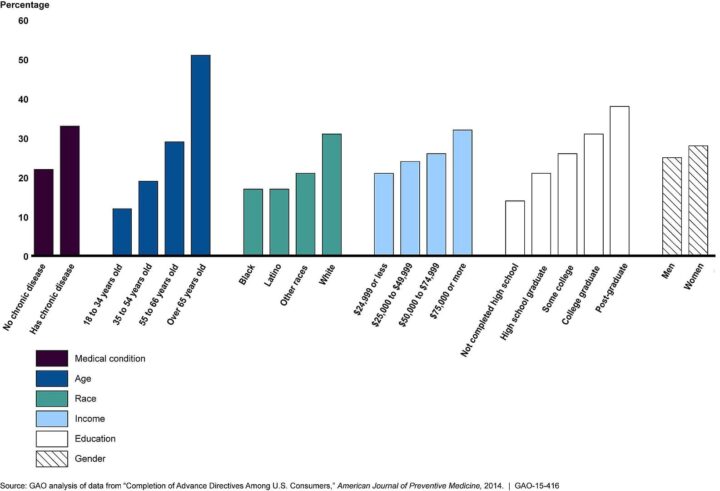
Most of us don’t like thinking about illness or the end of life. It feels distant, maybe even uncomfortable. But here’s the truth: accidents, sudden illnesses, or unexpected changes can happen to anyone, at any age. And when they do, your loved ones may be faced with incredibly difficult decisions.
A living will is a simple but powerful way to make sure those decisions are guided by your own voice. It’s not about giving up hope or being pessimistic. It’s about caring for your family, easing their burden, and ensuring your wishes are respected no matter what happens.
What is a living will?
A living will (sometimes called an advance directive) is a legal document where you set out your medical preferences for situations in which you might not be able to speak for yourself.
Think of it as a roadmap for doctors and loved ones to follow if you’re seriously ill, unconscious, or otherwise unable to make decisions.
It covers questions like:
- Do you want life-support measures if recovery chances are low?
- How should pain relief and palliative care be handled?
- Are there treatments you specifically want to accept or decline?
This isn’t about being pessimistic. It’s about clarity. By writing down your wishes, you make sure that doctors and family members don’t have to guess what you would have wanted.
Why it matters to act now
Most people postpone creating a living will. They say, “I’m too young,” or “I’ll do it later when I’m sick.” But later often never comes.
Below, you can see that not even half of all people in the US have created an advance directive or living will.

Imagine this:
Anna, 42, is a healthy mother of two. One day, she suffers a sudden stroke. Her husband and parents find themselves in the hospital waiting room, facing urgent medical decisions. Should doctors attempt risky surgery? How long should they continue intensive care? Anna had never talked about her wishes—and now her family has to decide under enormous pressure.
If Anna had written a living will, her family could have leaned on her guidance. Instead of uncertainty and fear, they would have had clarity and peace of mind.
This is why it’s so important not to wait. A living will is not about being old or sick—it’s about being prepared.
💡 If you want to know more, here is our post on What Happens If You Die Without a Will — And How to Take Control
A living will is about being prepared for anything.
How the law views living wills
The exact rules for living wills differ depending on where you live:
- Germany, Austria, Switzerland (DACH region): A Patientenverfügung is legally binding if it is written, signed, and clear. While notarization isn’t mandatory, having it witnessed or certified can prevent disputes. Doctors are obliged to follow a valid Patientenverfügung.
- United States: Living wills are part of “advance directives.” Each state has slightly different forms, but they are widely recognized. They are often paired with a healthcare proxy or durable power of attorney, who makes decisions when you cannot.
- Other countries: The terminology may differ—“advance care plan,” “directive,” “personal statement”—but the principle is the same: you decide in advance, and the law supports your right to do so.
Wherever you are, the key is to ensure your document meets local requirements. But don’t let that overwhelm you. The first step is simply writing down your wishes. Legal fine-tuning can come afterward.
💡 Remember, you don’t always need a lawyer for end-of-life planning!
An example to get started
Here’s a simplified excerpt of what part of a living will might look like:
“If I am in a permanent vegetative state or if doctors determine there is no reasonable chance of recovery, I do not want life-prolonging measures such as artificial feeding or long-term ventilation. I request that my medical team focus on comfort and pain relief instead. If there is uncertainty, I ask that my family be guided by these principles of dignity and comfort.”
Of course, each person’s living will should reflect their own values. Some people want every possible measure taken, others prefer comfort and quality over length of life. There’s no right or wrong—only what feels right for you.
With Meolea, you can easily create a living will by just answering a few questions, and we’ll do the rest. Fully automatic, so you have a living will in your hands in less than 10 minutes!
💡 If you want more info first, we’ve written a full step-by-step guide on How to Write a Living Will.

How Meolea supports you
At Meolea, we know these are not just “documents.” They are deeply personal choices. That’s why we guide you step by step through the process of creating and storing your living will, in language that’s easy to understand.
We also keep everything safe and accessible. Your living will can be securely stored in your Meolea account, shared with trusted contacts, and updated anytime if your preferences change. Whether you’re in Europe, the U.S., or elsewhere, we make sure your wishes don’t get lost in the drawer or forgotten when they’re needed most.
Don’t wait to give your family peace of mind
If there’s one message we want you to take away, it’s this: don’t wait until later. Later is uncertain. Today, you have the chance to make things easier—for yourself, and for the people you love most.
❤️ Start your living will today with Meolea and make sure your wishes are heard when it matters most.
Meolea makes End-of-Life Planning and Legacy Management super simple! In 5 minutes you can start making preparations and invite your family members.